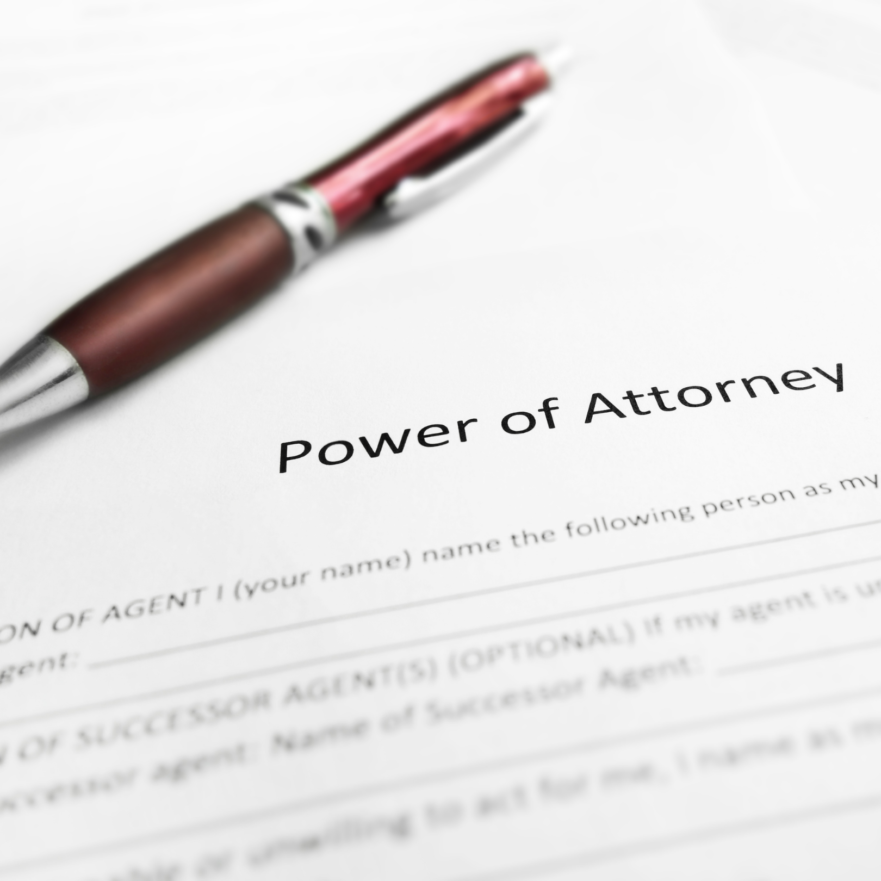In our lives, there may come a time when we are mentally incapable of managing our own affairs, inclusive of finances and property we may own. Should this time come, it is important to ensure you have a trusted person appointed to do this for you, on your behalf. This can be formally and legally arranged through a Power of Attorney.
What Exactly Is A Power Of Attorney?
A Power of Attorney is a document that legally appoints someone to act on our behalf, should you become unable to manage your own affairs. This document gives someone the authority to take action or make decisions on your behalf.
When Should I Do This?
You can grant the power at any time when you are over 18 years of age and mentally capable of understanding exactly what an Enduring Power of Attorney is and the responsibilities that come with it. You can decide when the Enduring Power of Attorney comes into effect as you can include conditions and restrictions within the document. You do not have to include all your assets in this, you may choose to exclude certain areas, such as the sale of your house. You can also cancel or change your Enduring Power of Attorney at any time when you are mentally capable. There may also come a time when the attorney you choose may no longer wish to act on your behalf or other circumstances change, therefore impacting you, should this happen, you can appoint a new attorney.
How Does a Power of Attorney Become Effective?
Enduring Powers of Attorney need to be registered with the High Court. However, registration is not required until you reach a point in your life where your attorney believes you are no longer capable of managing your own affairs. Should this happen, your attorney will need to apply to the High Court for registration of this power. The court will notify you and should the court not be satisfied that the attorney is acting in your best interest, they have the authority to cancel the attorney’s power at any time.
Choosing an Enduring Power of Attorney
Being appointed as an attorney is a very responsible role. When considering appointing a person, it is important to consider the following:
- Choose someone you trust completely as they will be making very important and serious decisions on your behalf
- Ensure this person is willing to act for you and they are aware of that is involved in this trusted position
- Consider the age of the person you are choosing as your attorney. Someone of the same age as you may not be the best to act on your behalf as they may eventually have their own health issues and may not be fit to take this role on
- You can have more than one attorney if you wish.
- The appointed person must be aware of the scope of their authority and the responsibilities associated with being a Power of Attorney. It is important to be aware of Article 5 of the Enduring Power of Attorney Order (Northern Ireland) 1987.
For further legal advice on Enduring Power of Attorney, please contact us at 028 7963 2030 or email info@bernadettemulholland.com.

